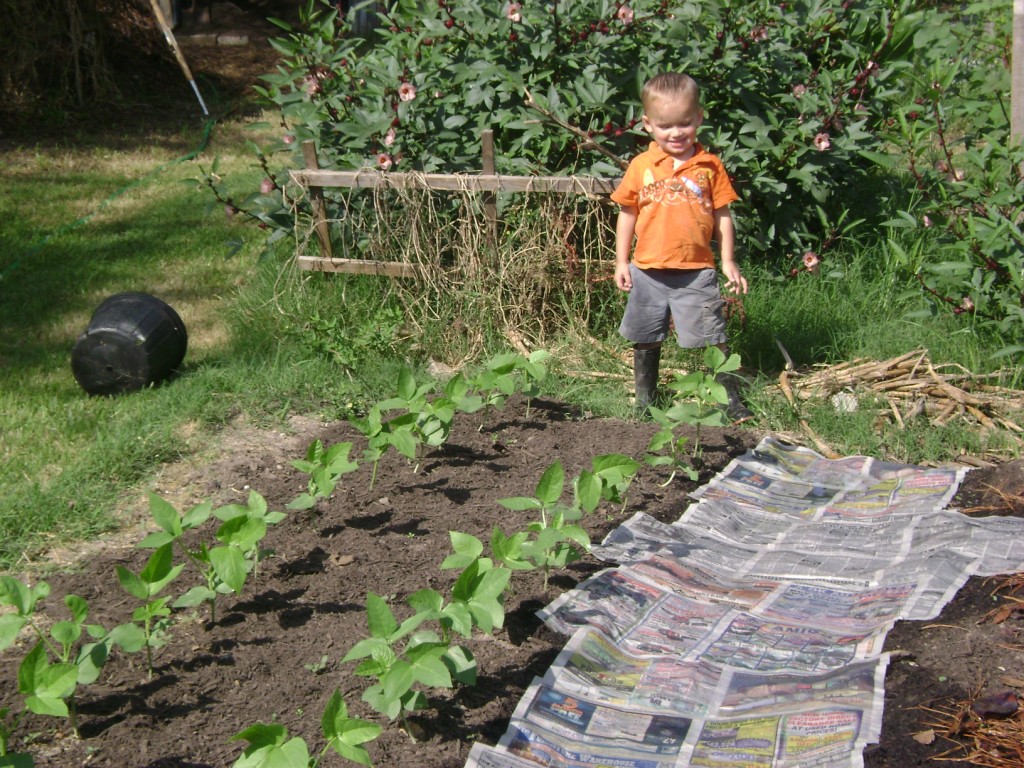What do Americans do when they are faced with overwhelming disasters? We pick up a shovel and start digging. It’s how the West was Won! It’s what we did during World War II. Communities and families worked together and grew enough food to feed their families and share with their neighbors. Every bare space was farmed. There were school gardens, church gardens and food grown in empty lots. Americans put up food from their harvest to sustain themselves throughout the year.
The very heartland of America has been hit hard this year by devastating Tornado’s, Flooding, Droughts, Wildfires, Mudslides, Landslides, and Hurricanes that are breaking records. We’ve been hit hard as well as thousands of families have lost their homes and jobs have diminished. This year should serve as one of the worst of its kind.
We’ve reached a tipping point within our own country where locally grown food is at stake. The majority of our small farms have long since diminished. This has caused fresh locally grown organic produce to be replaced by imports to meet the demand. Many Organic growers and producers in the U.S. have been pushed beyond questionable limits to meet demand. The overuse of natural chemicals and less diversity raises serious health concerns for people as well as the environment. In turn, we are trusting other countries where the overuse of synthetic and natural chemicals are commonly known. The growing conditions in some other countries are by far less than desirable and harder to monitor.
Whether a person believes in climate change or not, no one can deny that some kind of change is going on. It’s time now more than ever to pick up a shovel and start a garden. There is a tremendous call for Americans to become sustainable and not rely or depend on imports for their food supply. As well we don’t need to rely on the government to feed us less than desired low quality processed foods or commodities. We can give our communities and families strength again and return our ecosystems back to health. Small family farms need our support as well, so we must seek them out and find our local farmers markets.
Reassessing what has survived. As my family begins to pick up the pieces from this historic drought in the State of Texas, we first venture towards better planning efforts. You can’t plan for every disaster, but you surely can improve upon lessons learned. Most of our herbs and native plants have survived the triple digits and endless days of no rainfall. This is important for the garden because it is these plants that help provide habitats and attract and feed beneficial insects. They required very little water so as not to put a strain on our water supply.
We have also saved seeds from other annual herbs and native flowers and they will be sown in November here. Cilantro, Dill and Parsley and Borage will be but a few to be planted as well as several new varieties of Native Wild Flowers. There are several new natives that I want to add to the garden. The planning for that will depend on the garden budget.
Cover cropping will be essential to recovering from the drought. It’s a blessing in disguise for our family for getting rid of unwanted lawn areas. Most of them have fried to a crisp. Now we can get busy and plant some cereal rye this fall and other native grasses. It will help bring the soil back to health as well as provide beautiful greenery all winter. We may also use it in some of the garden areas and turn it back into the soil for added nitrogen. Cover cropping helps your soil to retain its moisture and protect against erosion.
Our Pomegranate, Apricot and Lemon Eucalyptus trees have survived quite well, although I lost two Fig trees. All my Blueberry bushes are hanging by a thread but the Grapevines haven’t shed a leaf. I lost two beds of strawberries, but have managed to maintain two other beds that are looking promising for runners to replace the lost beds. The only thing that has saved the strawberries is some shade I created for them and I let the Bermuda grass grow up over them as well. I think it sort of created a living mulch on top of all the mulch I’ve put down. The trick to strawberries is to try and keep the soil cool. So this is it for my fruit for next spring. I’m not adding anything new and concentrating on maintaining what I have. Of course, that is always apt to change when the fever hits in spring.
Gathering Compost, Mulch and Organic Matter. We are heavy composters here on the farm but have had very little green manure to add to it this year. Since everything burned up in the drought there were very little grass clippings to collect. This is where all of those Cannas we grow everywhere will come in handy with all of their thick green leaves. They also have natural enzymes that will help break down the compost faster.
We have continued bringing in large bags of leaves and pine needles and dumping it straight into the garden. In order to survive extreme drought, you need to work extremely hard at collecting all the organic matter you can get your hands on. Since we raise poultry it gives us plenty of natural fertilizer for side dressing the garden and adding to the compost piles as well. We’ve also had several yards of a garden mixed mulch delivered by our local nursery. We should always buy locally to support our communities. Invest heavily in rich organic matter and compost and you shall survive the drought.
Rotating Crops and Plotting Out The Winter Garden is in the process while we are looking ahead for the spring garden. It will be important to make smart decisions about rotating your crops. This helps protect the organic garden from pests and disease. We are deciding where to plant our corn for next spring so it will be in a newly prepared area. We are also planning what we will grow in the old area where corn was grown this season. Corn is a very heavy feeder and depletes most of the nutrients from the soil. It will be important to grow a green cover crop in this area to turn back into the soil. This area is also one that receives major amounts of compost and organic matter. In the past, we’ve planted southern peas in this area in fall, but since the drought made it difficult to sow for fall new decisions will need to be made. Most likely we will be able to have time for green beans before our earliest average frost date. Potatoes grow very well after a corn crop, so we will most likely plant them there in February.
Companion Planting is also a vital part of the planning process in an organic garden. In our plans with the new potato patch will be incorporating more horseradish. Horseradish is easy to grow and can be divided up in the fall for new areas. Onions, Green Beans and Cilantro will also be worked into this area. All of these plants work together to promote healthy growth, encourage beneficial insects and microorganisms in your soil. They also provide a natural solution to prevented diseases. It is important to get to know your companion plants. In our gardens, we depend on natural pest control. We do not use any types and synthetic chemicals nor do we encourage natural based organic chemicals. When you grow diverse and create natural habitats within your garden and landscape nature will do most of the work for you.
It’s time for some good American Home Grown Food. Small family farms and backyard gardens are the key to our countries sustainability. I will keep you updated as we get further along with our recovery plans. For now, we must work on getting our soil back in shape. So let’s get a good plan, gather our supplies and break out the shovels and wheelbarrows and get to digging.
- Wild Dagga Motherwort Medicinal Herb - November 11, 2013
- Grow The Best Organic Lettuce - November 4, 2013
- Amish Hot Pepper Mustard - October 23, 2013

